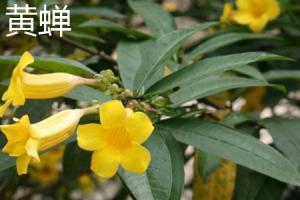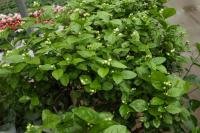1、 Curing method
1. Temperature: it is mainly distributed in low latitudes, so the ambient temperature around it is better to be slightly higher, so it can grow vigorously. Generally speaking, it can be between 15 and 30 degrees, which is more suitable. Too high is not good, because it will sleep. In addition, don't be lower than five degrees in winter to avoid cold injury
2. Light: Yellow cicada orchid likes shade. Generally, it is most suitable for it in semi cloudy places. There should not be too strong light. Direct light should be avoided. Except in winter, direct light in other seasons must be avoided. Otherwise, its leaves will be burned and scorched. However, it can't be in too dark places. Astigmatism is still helpful for it
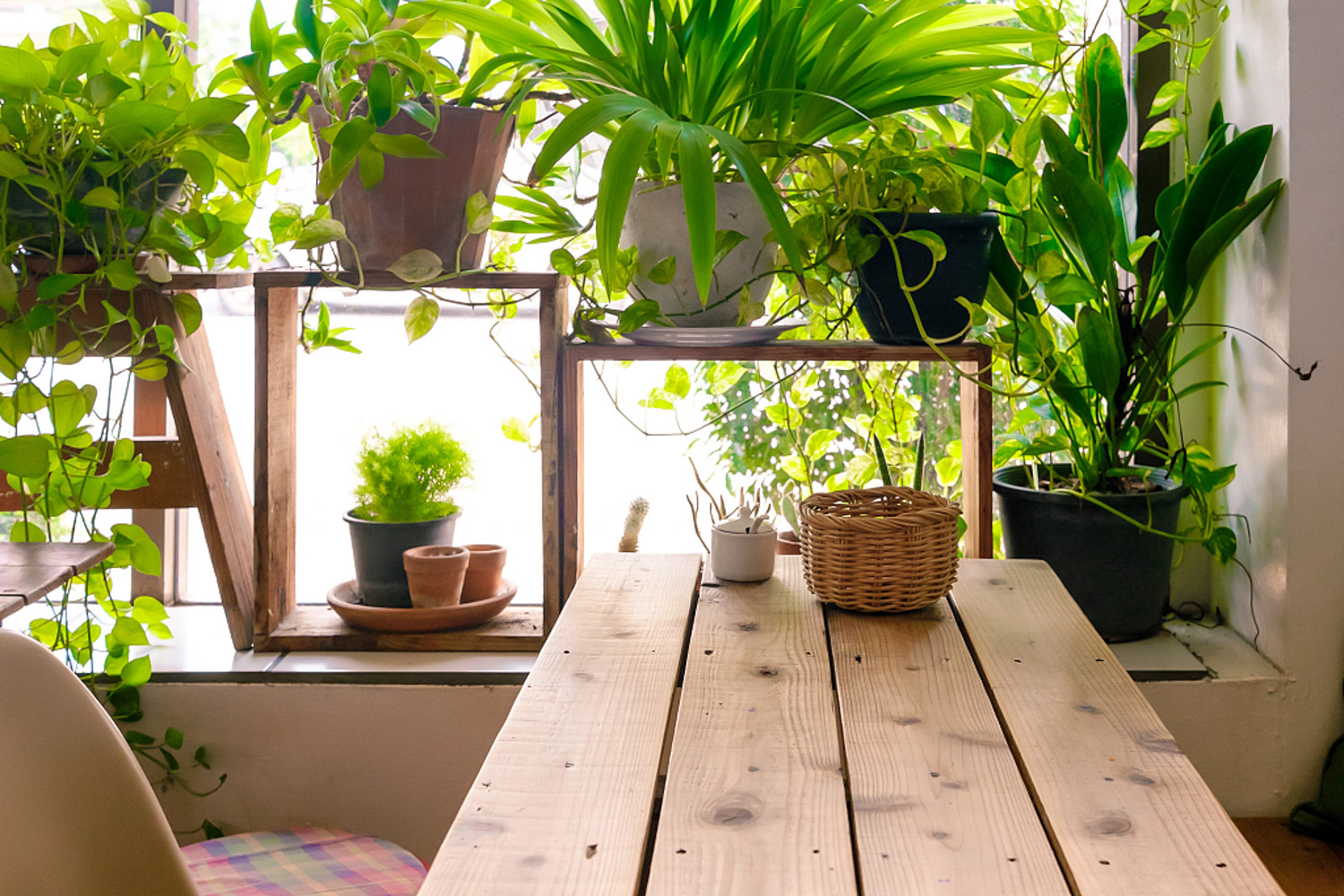
3. Watering: Yellow cicada orchid likes humidity, but it is also afraid of waterlogging. Therefore, when growing fast, the substrate can be kept moist. However, when it is very cold in winter, there is basically no need for water, so you can't pour more water
4. Fertilization: fertilization is not required in winter, but can be applied from spring to early autumn. Generally, once or twice a month is OK, and the concentration should not be too high
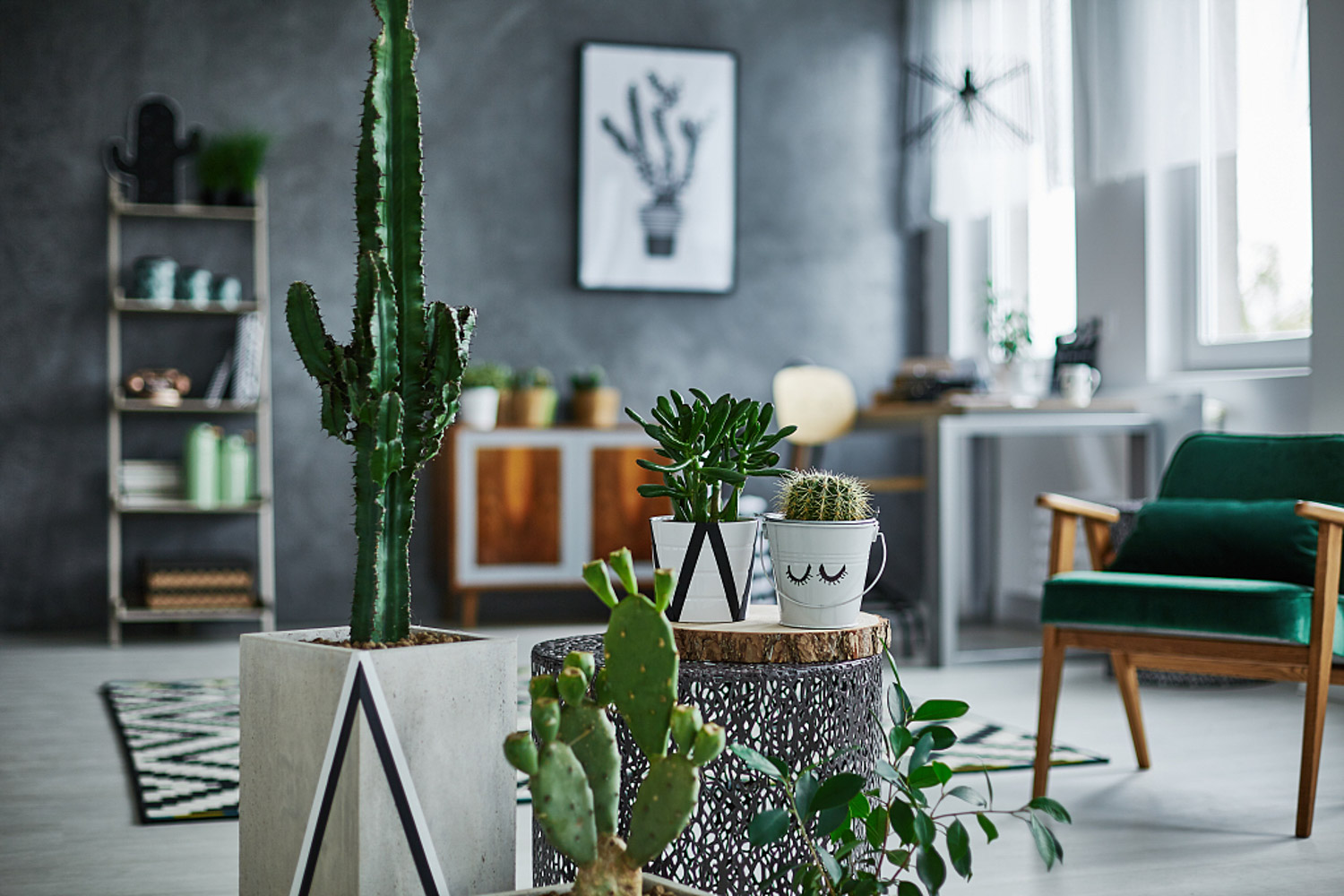
2、 Breeding skills
1. Reproduction: ramets can be used. For a plant, it is more appropriate to ramet every three years. It is most suitable when the temperature is suitable in spring and autumn. Divide it into several parts, each of which must have several pseudobulbs on it. Before breeding, it needs to go through a stage of water control. After planting, it needs watering
2. Change basin: it can be changed once every two or three years. After the old soil is taken out, some tiles can be padded at the bottom. New soil can be mixed with humus, sandy soil, fine sand and other materials. After changing the basin, replenish water in time and put it in a cool place
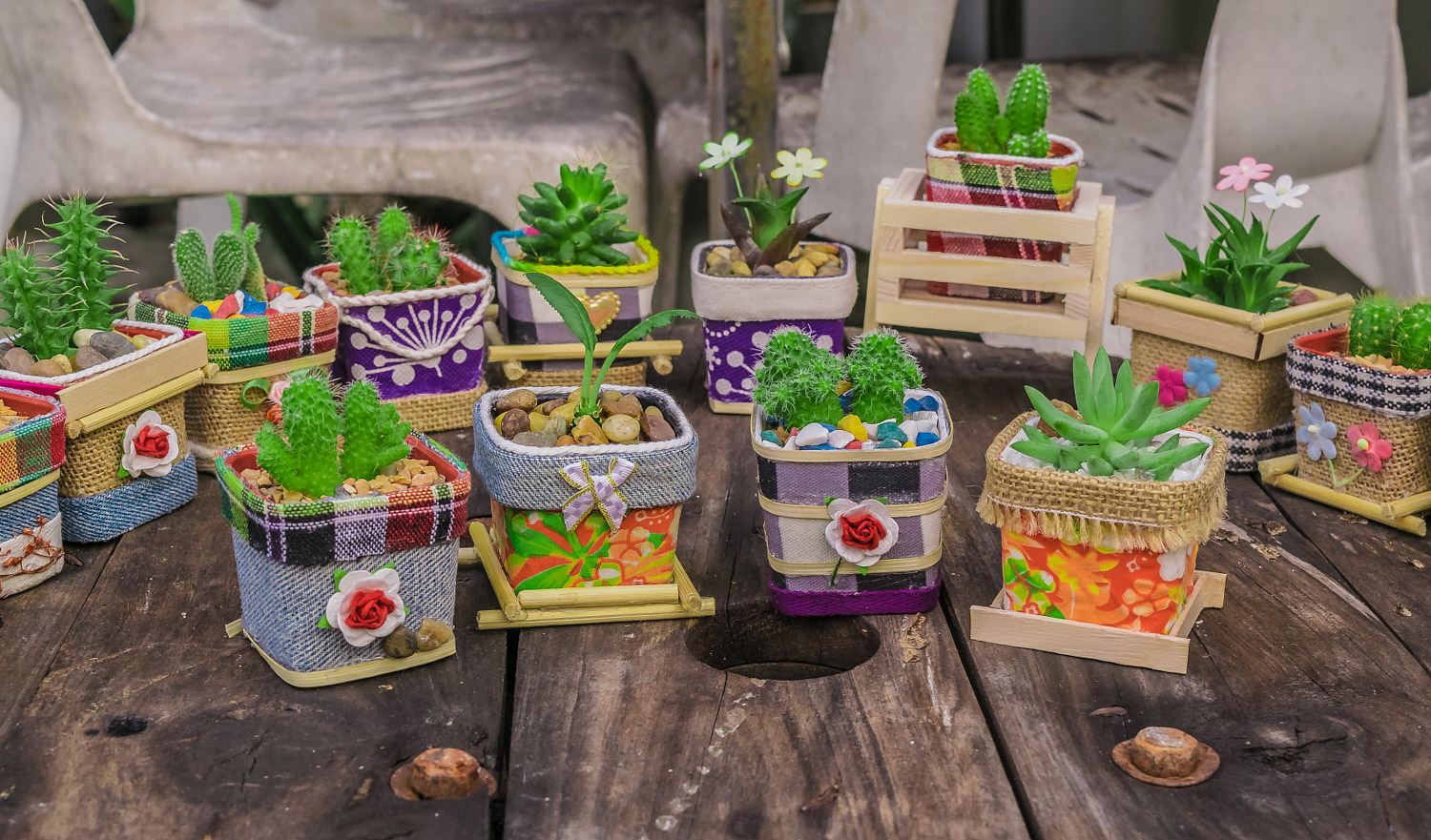
3、 Diagnosis and treatment problems
1. Diseases: there are mainly two kinds. One is "white silk disease", which occurs frequently in plum rain season. The main harm is its roots and stems. Lime can be used for prevention and control, and good lighting conditions are provided. Then there is "anthrax", which can be treated with drugs in time
2. Insect pests: there is mainly one kind, which is "scale insect", which can be controlled by omethoate
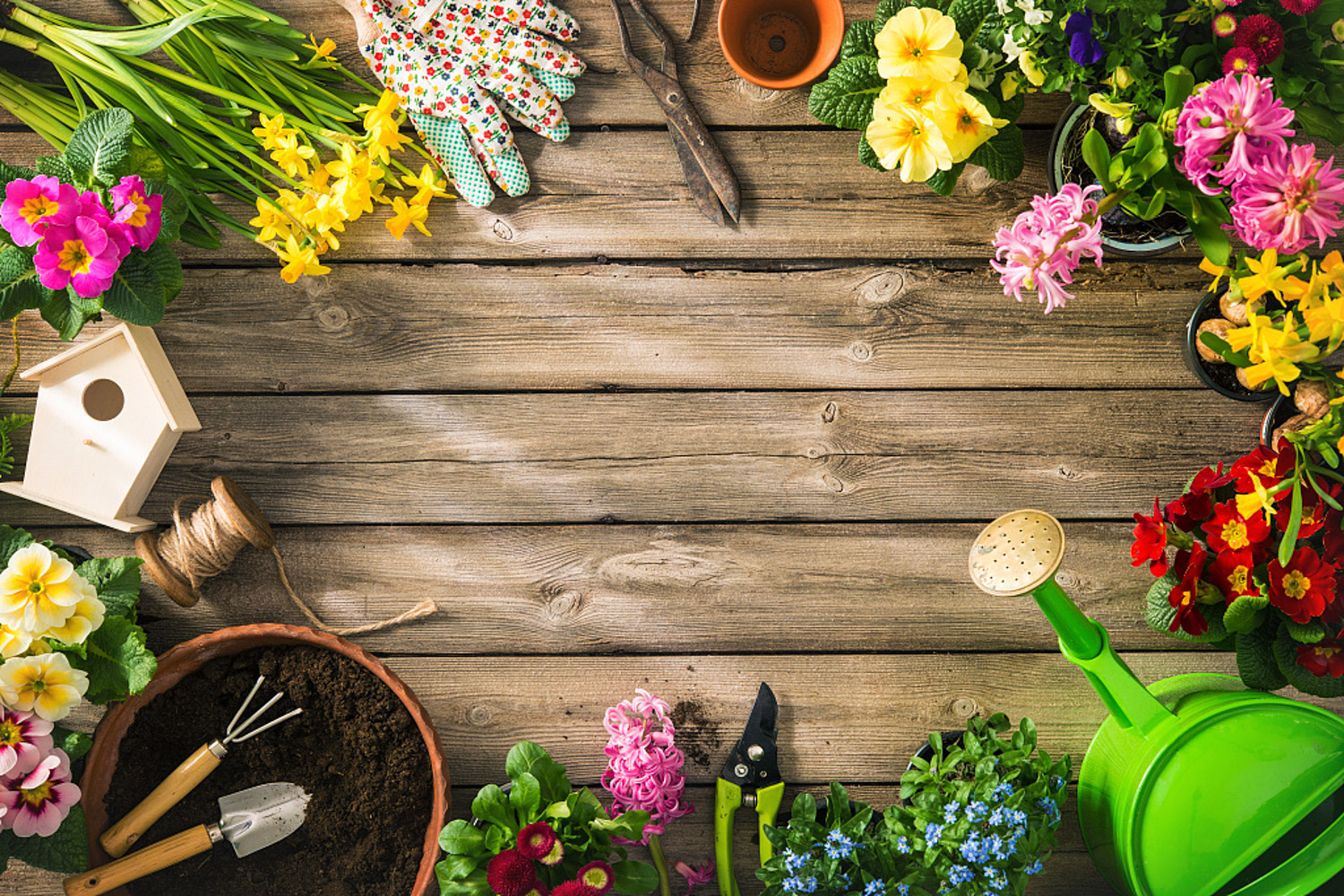
4、 Other issues
1. Toxicity: it is non-toxic and can be used as medicinal materials
2. Whether it can be raised at home: it can be placed at home and used for viewing. Moreover, not only will there be no harm, but also purify the surroundings and release oxygen

 jackfruit
jackfruit snake plant
snake plant hibiscus
hibiscus hydrangea
hydrangea lavender
lavender Green roses climb al...
Green roses climb al... If you don't pay att...
If you don't pay att... Management of four g...
Management of four g...






